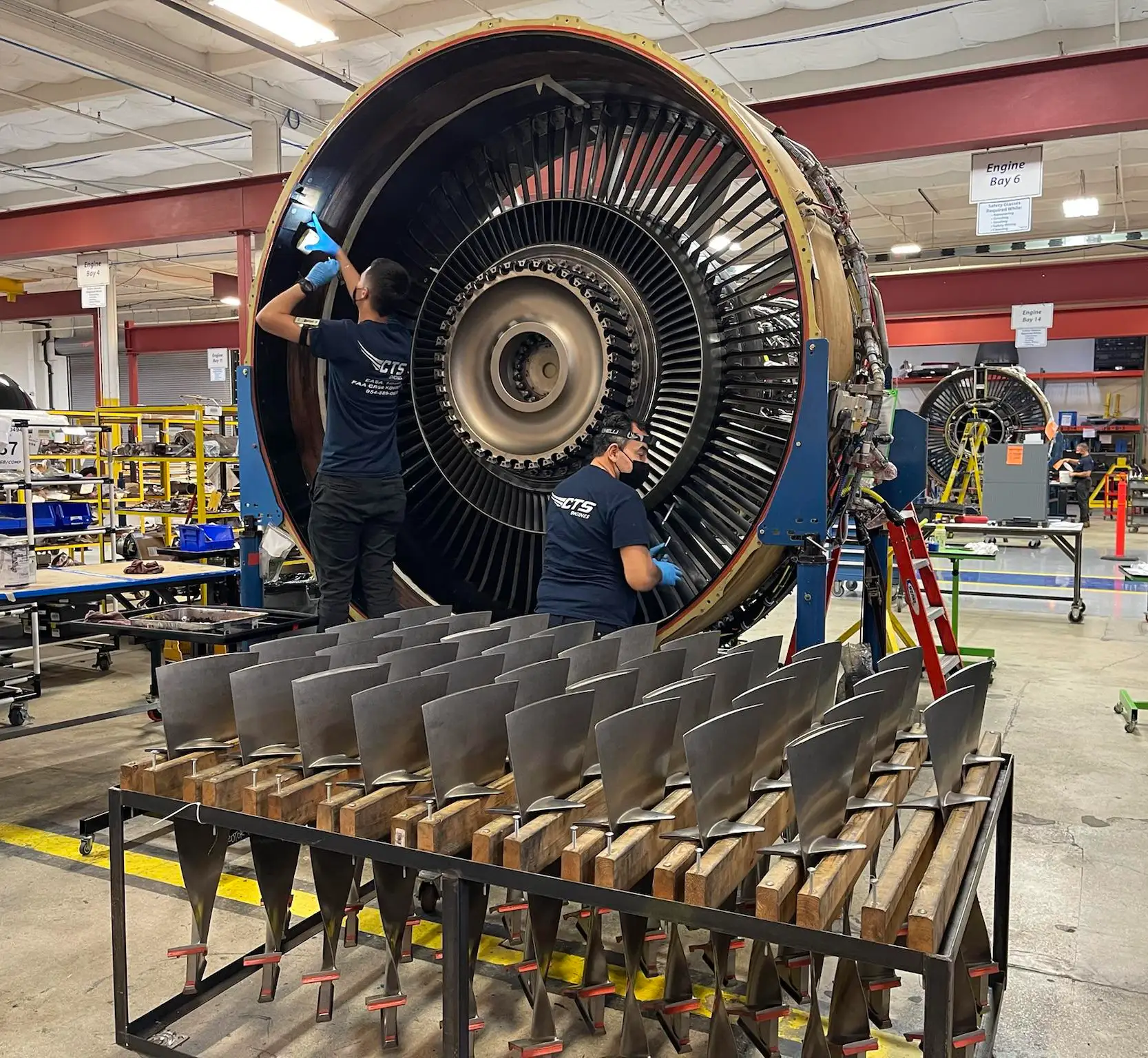A Total Overview to Selecting the Right Engine for Your Task
Picking the suitable engine for your project is a critical choice that can dramatically influence its overall success. Each of these elements plays a pivotal role in guaranteeing that your selected engine not just meets instant goals yet additionally straightens with lasting desires.
Define Your Project Demands
Specifying your job needs is an important step in picking the ideal engine for effective application. A comprehensive understanding of your task's goals will certainly direct you in identifying the capabilities and functions required from an engine. Begin by outlining the scope of your task, consisting of the wanted performance, target market, and the particular end results you aim to achieve.
Next, consider the technical needs that align with your job objectives. This includes evaluating the compatibility of the engine with existing systems, along with the programming languages and frameworks that will be utilized. Furthermore, analyze the level of scalability needed to suit future growth or changes popular.
Budget restrictions additionally play a vital function in specifying your project needs. Develop a clear monetary structure to lead your decision-making process, making sure that the engine selected fits within your budget plan while giving the required performance.
Evaluate Performance Demands

Engines that sustain straight scaling are typically better for bigger applications. Furthermore, review the engine's efficiency under different problems, such as peak usage situations, to guarantee it fulfills your integrity standards.
Think About Simplicity of Use
While technological specifications are vital, the simplicity of use of an engine can significantly affect the advancement process and total task success. An intuitive user interface, clear documents, and streamlined process can drastically reduce the understanding curve for developers, allowing them to concentrate on creativity and problem-solving as opposed to facing facility tools.
When assessing an engine's simplicity of use, think about the onboarding experience. A well-structured intro, full with tutorials and example projects, can promote a smoother transition for brand-new individuals. Additionally, the quality and comprehensiveness of the engine's documents play a crucial duty; extensive overviews and API references can encourage designers to repair and execute functions effectively.
An additional element to think about is the engine's customization capacities. An engine that enables for easy alterations can be a lot more user-friendly, as designers can customize it to fit their certain requirements without substantial inconvenience. Analyze the process integration with devices and systems you already utilize. A natural ecosystem can boost performance and reduce rubbing throughout the growth process. Eventually, selecting an engine that prioritizes ease of use can result in a much more efficient and satisfying development experience.
Assess Community and Support
The toughness of an engine's community and support network can considerably affect a designer's experience and success. A vibrant neighborhood usually indicates a wealth More Help of common knowledge, sources, and troubleshooting support that can boost your project's development process. When analyzing an engine, consider the size and activity degree of its area. Larger communities typically offer more forums, tutorials, and third-party plugins, enabling programmers to locate remedies much more efficiently.
Moreover, evaluate the schedule of official assistance channels. Reliable documents, responsive customer assistance, and normal updates are vital for dealing with technical issues and maintaining your project on course. Engines For Africa. Energetic neighborhoods also foster partnership, giving opportunities for official site networking and responses, which can be indispensable, particularly for independent developers or tiny teams
Additionally, investigate the visibility of community-run occasions, such as meetups or hackathons. These events can improve your understanding of the engine while connecting you with possible collaborators and seasoned individuals. In summary, a durable area and support group not just enhance advancement however likewise develop an atmosphere conducive to discovering and innovation, inevitably enhancing the possibility of your job's success.
Compare Price and Licensing Choices
Spending plan considerations play an important role in picking the best engine for your task, as the price and licensing alternatives can considerably affect both short-term expenses and lasting viability. Engines For Africa. Different engines provide varying pricing frameworks, which can include one-time purchase fees, membership models, or revenue-sharing agreements based upon your project's profits

Certifying options likewise differ considerably. Some engines are open-source, offering flexibility and community-driven support, while others may call for exclusive licenses that restrict use and distribution. Understanding the ramifications of each licensing design is vital, as it affects ownership legal rights, future scalability, and possible lawful responsibilities.
Conclusion
Finally, picking the ideal engine for a task necessitates a complete analysis of specified task demands, performance needs, simplicity of use, community assistance, and expense factors to consider. By methodically resolving these crucial elements, decision-makers can make sure alignment linked here with both future and existing project demands. An educated choice eventually boosts the chance of task success, enabling efficient source allotment and making the most of prospective results within the defined financial restrictions.
Picking the suitable engine for your task is a crucial choice that can dramatically impact its total success.Specifying your job needs is an important action in choosing the appropriate engine for effective application. An extensive understanding of your project's goals will lead you in determining the features and abilities needed from an engine.As soon as you have a clear understanding of your project requires, the following action is to examine the efficiency requirements of the engine.In final thought, choosing the suitable engine for a job necessitates a detailed examination of defined project demands, efficiency demands, ease of use, community support, and cost considerations.